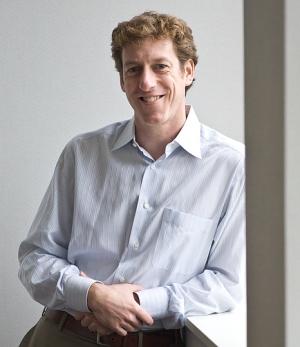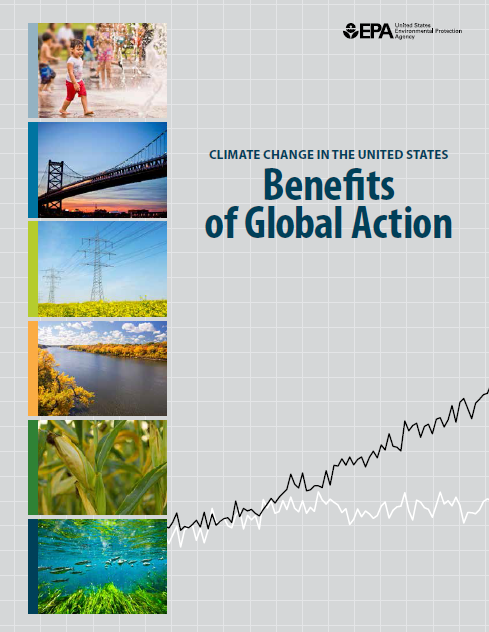Yesterday, on Monday Nov. 26, the opening plenary for both the 18th Conference of the Parties to the UNFCCC (COP) and the 8th Conference of the Parties serving as the Meeting of the Parties to the Kyoto Protocol (CMP) were held at the Qatar National Convention Centre in Doha. The two permanent subsidiary bodies of the UNFCCC and the Kyoto Protocol – the Subsidiary Body on Implementation (SBI) and the Subsidiary Body for Scientific and Technological Advice (SBSTA) – also began their meetings. Today, Tuesday Nov. 27, the focus of negotiations moved to informal workings groups of the COP and CMP, and the first meetings of the three Ad-Hoc Working Groups were held.
In this report, we will explain the roles of each of these different groups within the UNFCCC Framework, and the work they are expected to undertake during the Doha negotiations.
Subsidiary Body on Implementation (SBI): The SBI provides assessment and review of the implementation of parties’ obligations under both the UNFCCC and the Kyoto Protocol. It examines national communications and emissions inventories in order to assess the effectiveness of the international climate change regime. During the Doha talks the SBI is expected to consider the “Nationally Appropriate Mitigation Actions” (NAMAs) which have been submitted by developing country parties and approaches to address loss and damage resulting from climate change.
Subsidiary Body for Scientific and Technological Advice (SBSTA): The SBSTA provides technical support to both the COP and the CMP. Key areas of work for the SBSTA include the impacts, vulnerability and adaptation to climate change, reducing emissions from deforestation and forest degradation in developing countries (REDD) and the development and transfer of environmentally-friendly technologies. It also conducts technical work on the guidelines for emission inventories submitted by Annex I Parties (the countries with binding emissions targets under the Kyoto Protocol). In addition to issues such as agriculture and deforestation, the SBSTA is expected to consider the regulation of “bunker fuels” (fuels used for international aviation and maritime transport) during its meeting in Doha.
Ad Hoc Working Group on Long-term Cooperative Action under the Convention (AWG-LCA): The AWG-LCA is a body of the COP, which was established as part of the Bali Action Plan agreed in 2008. Its role is to “conduct a comprehensive process to enable the full, effective and sustained implementation of the [UNFCCC] through long-term cooperative action, now, up to and beyond 2012.” The working group is meant to prepare an agreed outcome which can be formally adopted by the COP. At the previous COP held in Durban, South Africa, in 2011, a decision was made to extend the work of the AWG-LCA for twelve months. This twelve month period will end at the conclusion of the current talks in Doha, unless a decision is made to further extend the term of the AWG-LCA.
Ad Hoc Working Group on Further Commitments for Annex I Parties under the Kyoto Protocol (AWG-KP): The AWG-KP is a subsidiary body of the Kyoto Protocol, which was established in 2005 by the first meeting of the CMP. The first commitment period of the Kyoto Protocol ends in 2012, and AWG-KP was set up as a forum to discuss future emissions limitation commitments for the Annex I Parties. Given the impending conclusion of the first commitment period of Kyoto, the work of the AWG-KP will likely be a focal point of the talks in Doha.
Ad Hoc Working Group on the Durban Platform for Enhanced Action (ADP): The ADP is the newest of these ad hoc and subsidiary bodies, having only been establish at the 17th COP held in Durban, South Africa in 2011. It is a subsidiary body of the UNFCCC, and its role is to “develop a protocol, another legal instrument or an agreed outcome with legal force under the Convention applicable to all Parties.” The Durban Platform for Enhanced Action covers a range of issues, including mitigation, adaptation, finance, technology transfer and capacity-building, and is intended to “raise the level of ambition” in the UNFCCC regime. The ADP is mandated to complete its work by the 21st COP of the UNFCCC, which will meet in 2015, and the legal instrument it develops is intended to come into force no later than 2020.
For more information about each of these bodies, see the UNFCCC website.



